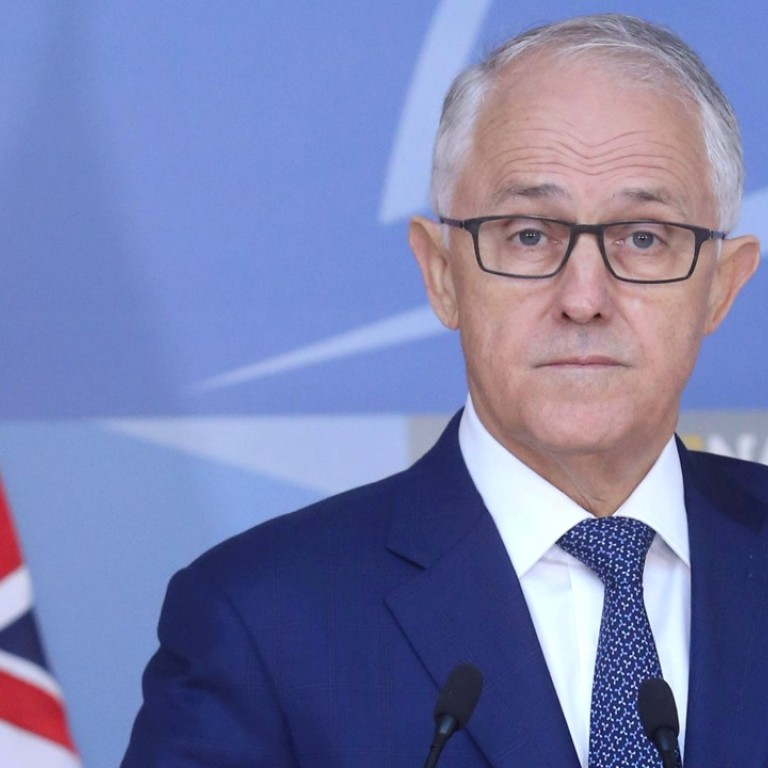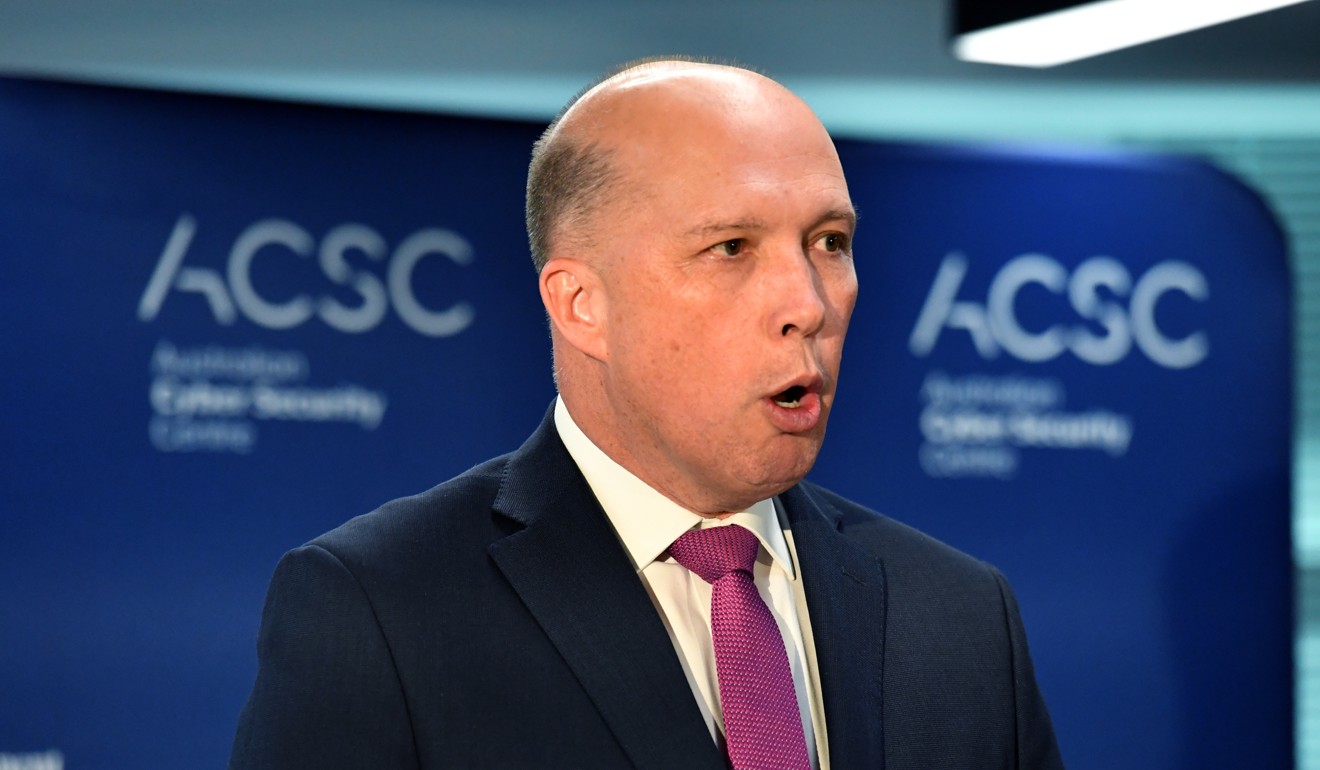
Australia PM Malcolm Turnbull backs away from climate targets amid new leadership fears
Australian government amends centrepiece energy policy
Australia shelved plans to embed carbon emissions targets in law Monday, after a party revolt against embattled Prime Minister Malcolm Turnbull.
With its heavy use of coal-fired power and relatively small population of 25 million, Australia is considered one of the world’s worst per capita greenhouse gas polluters.
Turnbull’s predecessor Tony Abbott was in charge when Canberra agreed to cut emissions by 26 per cent by 2030 as part of the so-called Paris Agreement.
But Abbott, who was ousted by moderate Turnbull in a Liberal Party coup three years ago and once declared climate change “absolute crap”, has since railed against the commitment he made.
He has argued it should not be enshrined in law as part of the government’s new energy policy, known as the National Energy Guarantee (NEG), as consumers complain about soaring electricity prices.
“As long as we are in it (Paris) we will be running our power system to reduce emissions, not to give us affordable, reliable power,” Abbott, now a vocal backbencher, said on Monday.
Several right-wingers allied to Abbott had threatened to vote with the opposition to block the NEG, and with the government only having a wafer-thin parliamentary majority, it was doomed in its current form.

Turnbull admitted there was not enough support for the bill as he ditched plans to try to legislate the targets – an embarrassing U-turn to a key element of his signature policy.
“We are parties to the Paris agreement and the government has committed to that, but the simple reality is that we need to have effectively all of our members in the House of Representatives to vote with the government to carry legislation,” he said.
“At this stage, we don’t have that.”
The backdown does not mean Australia has abandoned its commitment to the UN climate agreement, only that it has postponed indefinitely any attempt to make the target enforceable through law.
But closing ageing coal-fired power stations and a troubled transition to clean energy has seen power bills soar.
Internal disunity over the issue came to a head at the weekend with rampant speculation that Home Affairs Minister Peter Dutton could challenge Turnbull for the Liberal leadership, a move he denied.
While former policeman Dutton, 47, on Saturday pledged support for the prime minister, The Sydney Morning Herald reported that he’d have sufficient support from party colleagues to topple the prime minister if he mounted a challenge.
Australia has gone through an extraordinary period of political instability since Prime Minister John Howard lost power in 2007 after more than 11 years in office.
Turnbull would next month become Australia’s longest serving prime minister since Howard, having held the office for three years and four days.
“Peter Dutton was at our leadership group meeting this morning and he was at the Cabinet last night. He’s a member of our team. He’s given me his absolute support,” Turnbull said.
A widely watched poll on Monday shows support for Turnbull has crashed to its lowest level since December.
The Ipsos poll published in Fairfax newspapers shows that although Turnbull is still personally more popular than opposition Labor leader, Bill Shorten, support for his Liberal-National coalition fell four points to 45 per cent, 10 points behind Labor and enough for a crushing electoral defeat.
Additional reporting by Bloomberg and Reuters

.png?itok=arIb17P0)